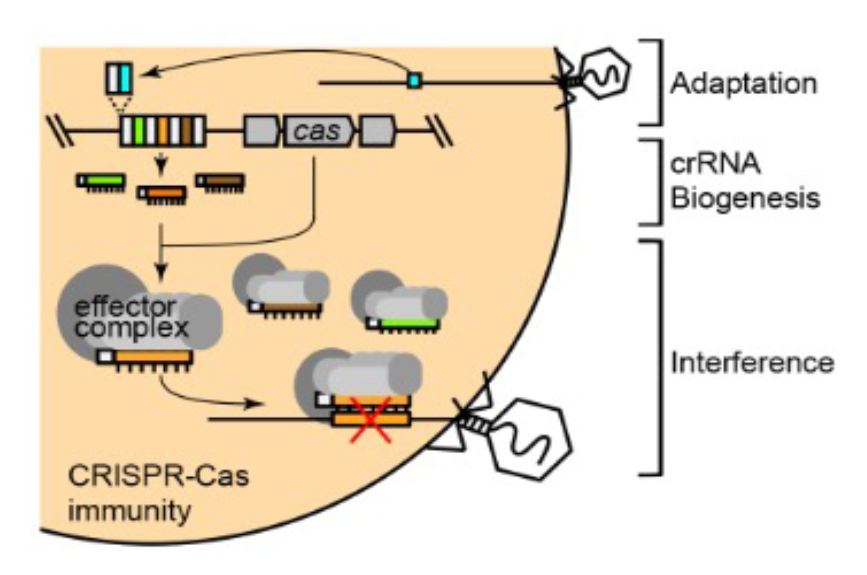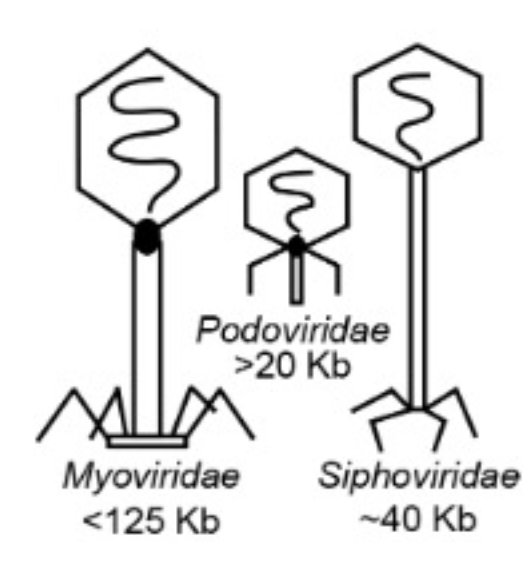The Problem:
Prokaryotic viruses (phages) are key drivers of bacterial evolution and major conduits of gene exchange. Ten-fold more abundant than their bacterial hosts, phages play integral roles in the ecosystems within and around us. Staphylococci are common bacteria on human skin, but little is known about the specific phages that prey on them, and very few genetic tools are available to probe and understand their phage gene functions.
The Solution:
Researchers at the University of Alabama have developed a method for bioengineering phages (viruses) for a biotechnological value while amassing an unprecedented database of Staphylococcus Epidermidis-specific phages. The bioengineering process works by manipulating the CRISPR-Cas10 system (a cellular immune system that protects bacterial cells from viral infection) that is naturally present in Staphylococcus bacteria. In using this method, phages can be reprogrammed to yield marketable uses (i.e. medications, biosensors, soil processing, nanomaterials, etc.).
 CRISPR-Cas Immune Pathway
CRISPR-Cas Immune Pathway
 Phage Families of Staphylococci
Phage Families of Staphylococci
Benefits:
• Technology could provide a highly complex yet effective method for bioengineered organisms.
• Understanding of technology and its applications provides significant academic merit to phage research.
• Allows for unprecedented organism alteration through engineered phage activity.
• Using viruses to affect the DNA of cells would be a much easier process as opposed to human manipulation of cellular DNA.
The University of Alabama Research Office of Innovation and Commercialization (OIC) is a non-profit corporation that is responsible for commercializing University of Alabama technologies and for supporting University research. At OIC, we seek parties that are interested in learning more about our technologies and commercialization opportunities, and we welcome any inquiries you may have.